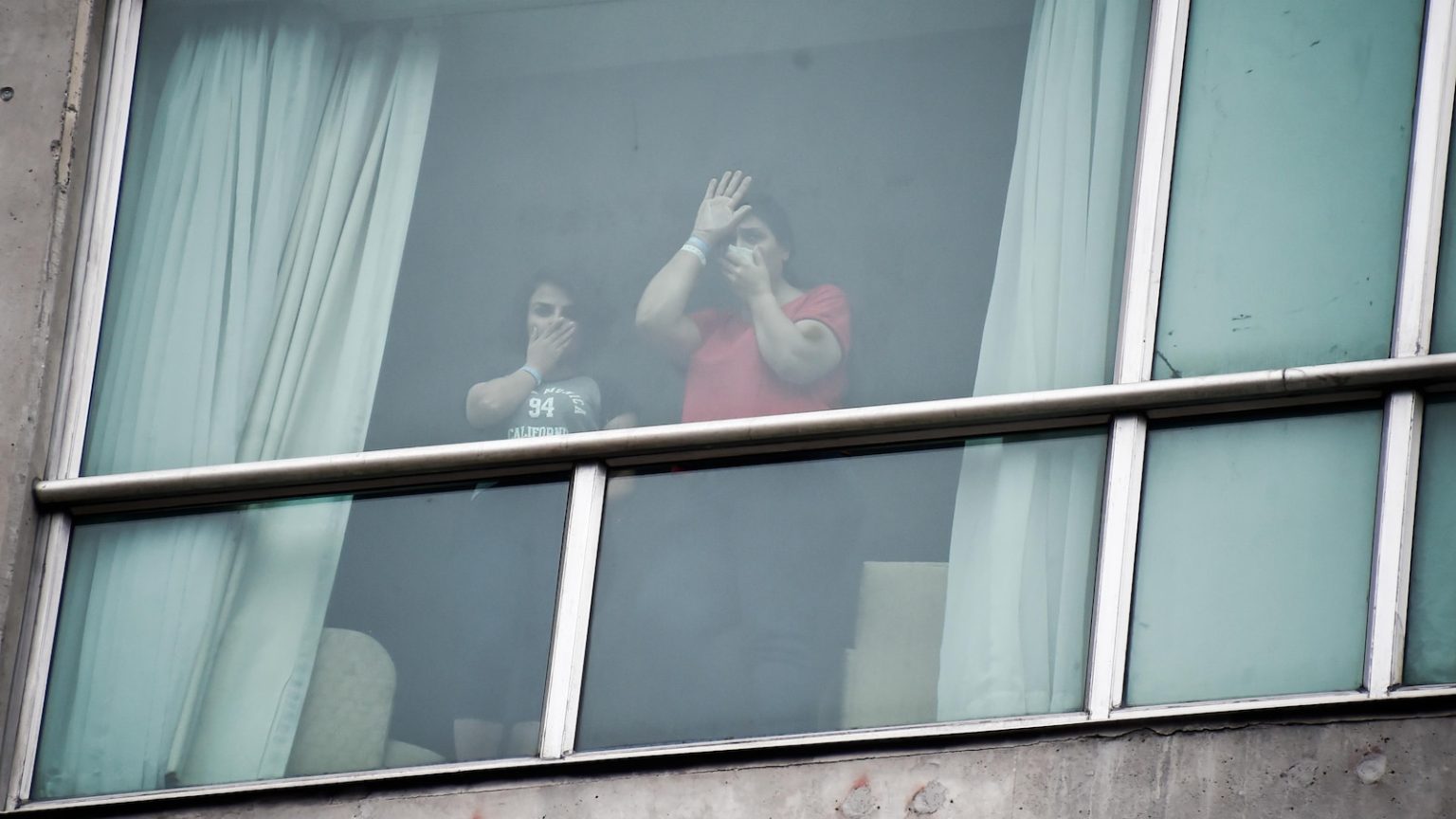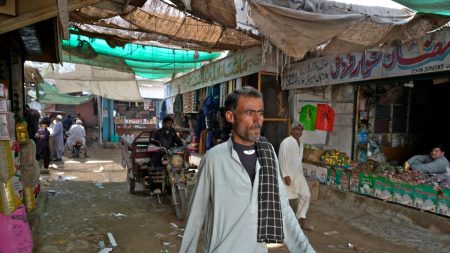U.S. Deportation Flights to Costa Rica and Honduras Spark Controversy
In a controversial move, the United States has begun using Costa Rica and Honduras as stopover points for deportation flights, sparking debates over human rights, international law, and the treatment of migrants. On Thursday, a U.S. flight carrying 135 deportees, including 65 minors and two pregnant women, was set to land in Costa Rica. This marks the second Latin American country to serve as a transit point for migrants as the Trump administration intensifies its deportation efforts. The arrangement is part of a deal struck between the U.S. and Costa Rica during a recent visit by U.S. Secretary of State Marco Rubio. Similar agreements have been reached with other Latin American nations, but the practice of using third countries as deportation layovers has drawn sharp criticism from human rights advocates.
Costa Rica’s Role in the Deportation Process
Upon arrival in Costa Rica, the migrants will be transported to a rural holding facility near the Panama border, where they will wait for up to 30 days before being flown back to their countries of origin. Costa Rica’s Deputy Minister of the Interior and Police, Omer Badilla, confirmed that the U.S. government will cover the costs of the operation. The facility, a former factory, has faced criticism in the past for its cramped conditions. During an Associated Press visit in October 2023, migrants described feeling like “prisoners,” with many sleeping in tents on the ground and dealing with unsanitary conditions. Badilla acknowledged the criticisms but claimed that improvements have been made, though journalists have been denied access to the facility to verify these claims.
Honduras’s Involvement in a “Humanitarian Bridge”
Honduras has also become a brief stopover for U.S. deportation flights. On Thursday, a U.S. flight carrying 170 Venezuelans landed at a joint U.S.-Honduran military base in central Honduras. Within hours, the migrants were transferred to a Venezuelan aircraft. Honduran officials described the arrangement as a “humanitarian bridge” due to the lack of direct flights between the U.S. and Venezuela. While this was not a routine arrangement, Honduras has expressed openness to facilitating more such transfers in the future. The move comes as President Trump pressures countries across the region to assist with deportation efforts, often under the threat of economic sanctions or tariffs.
Panama’s Experience with Deportation Flights
Panama recently became the first country to accept 299 deportees from other nations as part of the U.S. deportation program. The migrants were initially held in hotel rooms guarded by police, but about one-third of those who refused to return voluntarily were sent to a remote camp in Darien province, near the Colombian border. Costa Rican officials have expressed a desire to avoid similar situations, emphasizing their commitment to human rights. “We’ve thrown out the possibility of a hotel, precisely to avoid a situation similar to that in Panama,” Badilla told the Associated Press.
Human Rights Concerns and the Role of International Organizations
The use of third countries for deportation has raised significant concerns about the treatment and protection of migrants. Advocates worry about the conditions in detention facilities and whether proper screening is conducted to ensure that asylum seekers are not returned to dangerous situations. Costa Rica’s Badilla emphasized that his country is committed to guaranteeing the human rights of the deportees, stating, “We are going to guarantee that they are returned to safe countries. We cannot leave that to chance because of an ethical and moral commitment of our country.” The facility in Costa Rica will also process a “reverse flow” of migrants from Venezuela, Colombia, and Ecuador who previously sought asylum in the U.S. but now wish to return home.
A Complex and Controversial Approach to Migration
The involvement of international organizations like the United Nations’ International Organization for Migration (IOM) and the Red Cross has been crucial in mitigating some of the risks faced by migrants. The IOM has stated that it does not have direct involvement in the detention or restriction of movement of individuals but is instead focused on providing humanitarian support, facilitating voluntary returns, and identifying safe alternatives for those who cannot return to their home countries. Despite these efforts, the broader approach of using third countries as deportation layovers remains highly controversial. Critics argue that it undermines international protections for asylum seekers and places undue burden on countries in the region. As the situation continues to evolve, the balance between enforcement and compassion will remain a central challenge for all parties involved.















